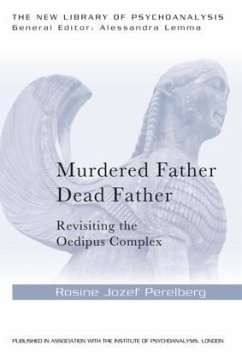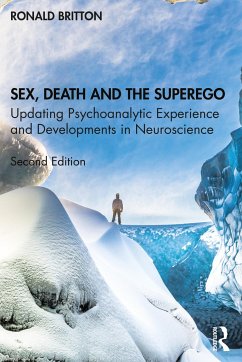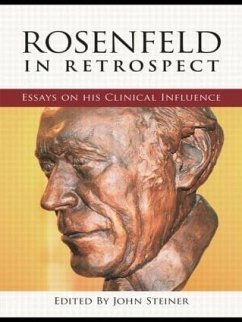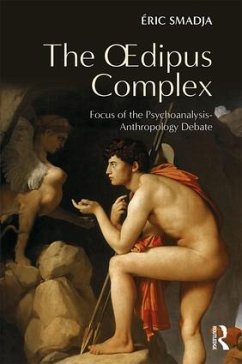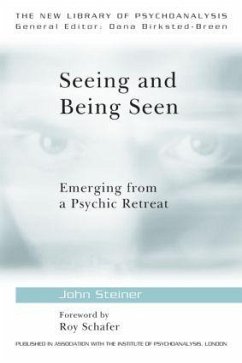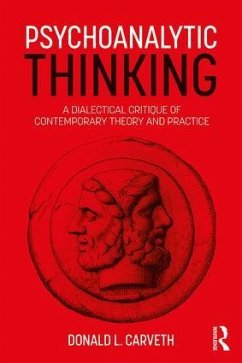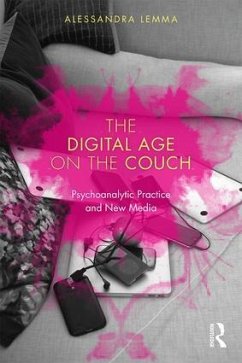
Hamlet on the Couch
What Shakespeare Taught Freud
Versandkostenfrei!
Versandfertig in 6-10 Tagen
43,99 €
inkl. MwSt.
Weitere Ausgaben:

PAYBACK Punkte
22 °P sammeln!
Hamlet on the Couch weaves a close reading of Shakespeare's Hamlet with a large variety of contemporary psychoanalytic and psychological theory, looking at the interplay of ideas between the two.Hamlet can be read almost as a psychoanalytic case study and be used to understand and illustrate a range of core psychoanalytic concepts. Covering such basic psychoanalytic concepts as identity, transference and countertransference, the 'good-enough' mother, the compulsion to repeat and the death instinct, James E. Groves shows how Hamlet can shed new light on understanding psychoanalytic theory, and ...
Hamlet on the Couch weaves a close reading of Shakespeare's Hamlet with a large variety of contemporary psychoanalytic and psychological theory, looking at the interplay of ideas between the two.
Hamlet can be read almost as a psychoanalytic case study and be used to understand and illustrate a range of core psychoanalytic concepts. Covering such basic psychoanalytic concepts as identity, transference and countertransference, the 'good-enough' mother, the compulsion to repeat and the death instinct, James E. Groves shows how Hamlet can shed new light on understanding psychoanalytic theory, and how psychoanalysis can in turn enrich our understanding of Shakespeare's work. Perhaps the most radical feature of psychoanalysis is its tradition of self-examination. Mirroring it, the book throughout uses an eclectic, subjective critical approach to study how the poetry of Hamlet creates its realistically flawed and believably complex characters.
Combining deep, insightful knowledge of Shakespeare and of psychoanalysis, Hamlet on the Couch will be of great interest to psychoanalysts and psychoanalytic psychotherapists, as well as literary scholars.
Hamlet can be read almost as a psychoanalytic case study and be used to understand and illustrate a range of core psychoanalytic concepts. Covering such basic psychoanalytic concepts as identity, transference and countertransference, the 'good-enough' mother, the compulsion to repeat and the death instinct, James E. Groves shows how Hamlet can shed new light on understanding psychoanalytic theory, and how psychoanalysis can in turn enrich our understanding of Shakespeare's work. Perhaps the most radical feature of psychoanalysis is its tradition of self-examination. Mirroring it, the book throughout uses an eclectic, subjective critical approach to study how the poetry of Hamlet creates its realistically flawed and believably complex characters.
Combining deep, insightful knowledge of Shakespeare and of psychoanalysis, Hamlet on the Couch will be of great interest to psychoanalysts and psychoanalytic psychotherapists, as well as literary scholars.






